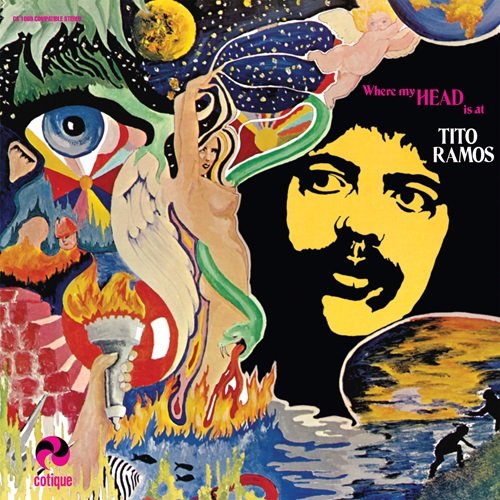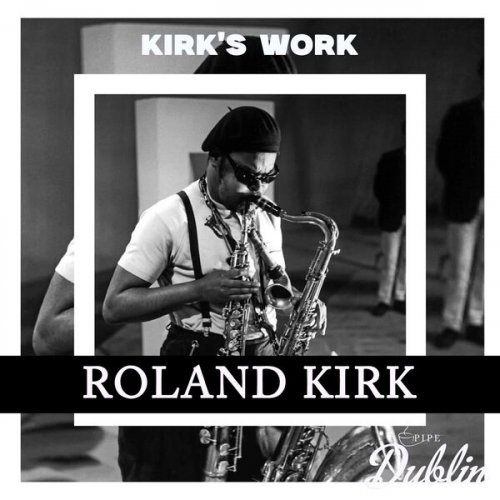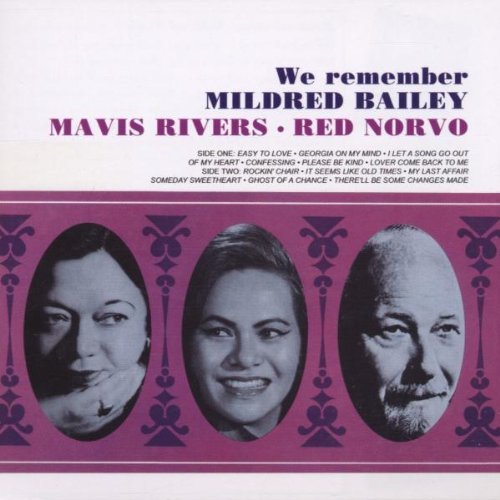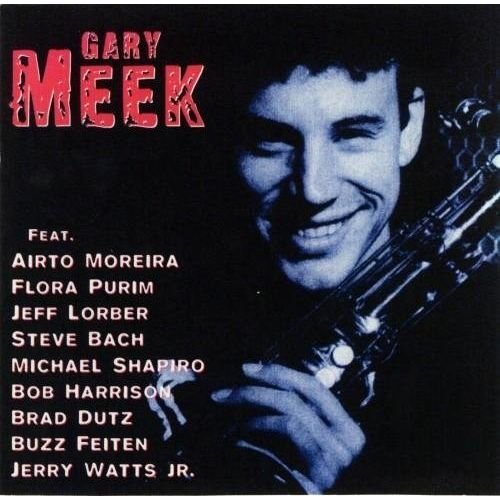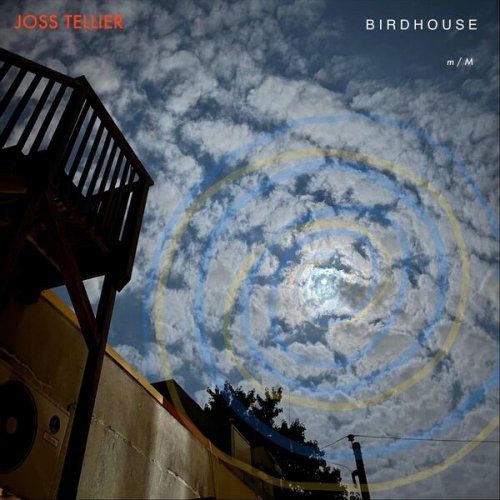Giulia Semenzato, Raffaele Pe, La Venexiana & Claudio Cavina - Cavalli: Sospiri d'amore (2016) [Hi-Res]
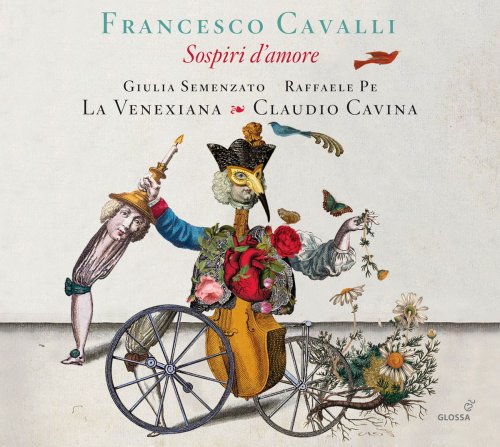
Artist: Giulia Semenzato, Raffaele Pe, La Venexiana & Claudio
Title: Cavalli: Sospiri d'amore
Year Of Release: 2016
Label: Glossa
Genre: Classical
Quality: flac 24bits - 96.0kHz +booklet
Total Time: 01:00:02
Total Size: 1.2 gb
WebSite: Album Preview
TracklistTitle: Cavalli: Sospiri d'amore
Year Of Release: 2016
Label: Glossa
Genre: Classical
Quality: flac 24bits - 96.0kHz +booklet
Total Time: 01:00:02
Total Size: 1.2 gb
WebSite: Album Preview
---------
01. Eritrea: O luci belle
02. Orimonte: Qui cadè al tuo piè
03. Veremonda, l'amazzone di Aragona: Né meste più
04. Statira principessa di Persia: Lassa, che fò
05. Ciro: Corone ed honori
06. Statira principessa di Persia: Vanne intrepido o mio bene
07. Mutio Scevola: L'aspetto feroce
08. Ormindo: D'amor non si quereli
09. Scipione affricano: Io misero fui rege
10. Egisto: Hor che l'aurora
11. Elena: Io chiudo nel core
12. Pompeo magno: Alpi gelate
13. Ormindo: Sì, sì, che questa notte
Two of the brightest singing talents to have emerged from Italy in recent years, Giulia Semenzato and Raffaele Pe, join forces for Sospiri d’amore, a dazzling celebration of operatic arias and duets by that Baroque master of amorous emotions, Francesco Cavalli. Soprano and countertenor are supported by a modern master of Italian Baroque style in Claudio Cavina, who directs La Venexiana (Cavina has also led the Glossa recording of Cavalli’s 1656 opera Artemisia).
Working in Venice with some of the best Italian librettists around in the mid-seventeenth century, Cavalli mined rich emotional seams concerning love in his operas – from tragedy to comedy, from profundity to frivolousness, through to sensuality and vivacity – conjuring up a stream of productions which enjoyed great artistic and financial success; his influence travelled far and wide, and even just in the immediate period of the Baroque this included Rameau, Lully and Handel and Purcell.
With five full-scale duets amongst the solo arias, ariosos and recitar cantando, this new Glossa recording gloriously shows off the talents of two artists who have been gathering important stage experience in the operas of Cavalli: the Venetian Semenzato and the Lombard Pe (who made his debut on the label with The Medici Castrato). Space is also found for one of the vocal genres which Cavalli can lay claim to instigating – the dramatic lamento, here in the form of Lassa, che fò from Statira. In addition, an intriguing picture of Cavalli and his operatic inspiration is to be found in the booklet essay written by Olivier Lexa.
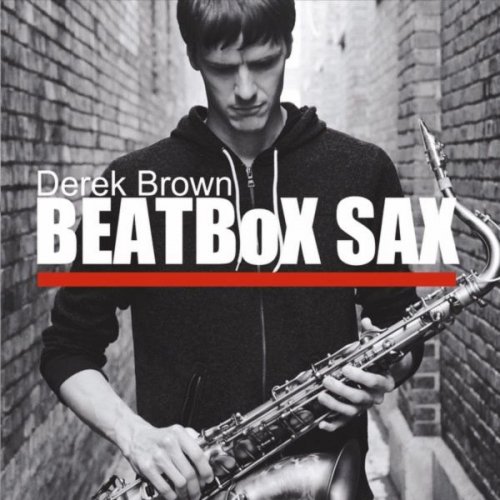
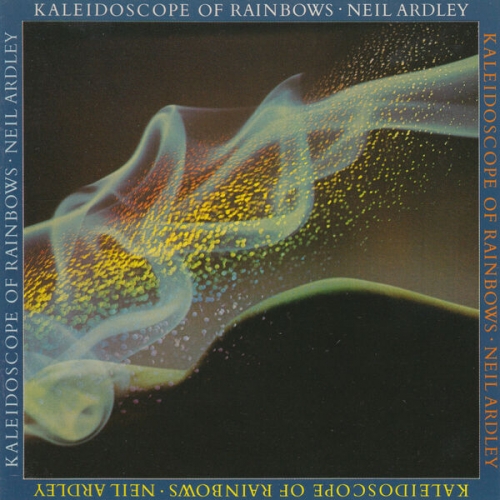
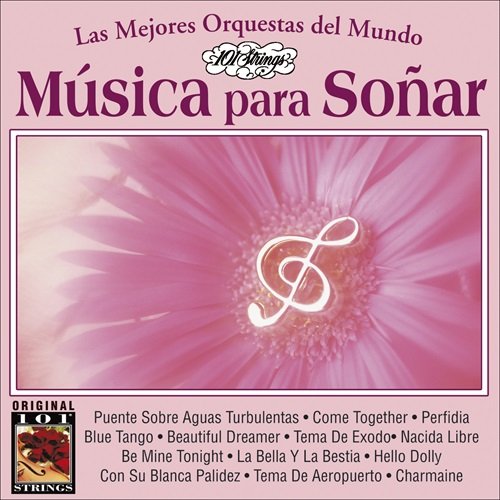
![Dino Siani - American Journey (2026) [Hi-Res] Dino Siani - American Journey (2026) [Hi-Res]](https://www.dibpic.com/uploads/posts/2026-02/1770294888_ycfgnn93xzxpa_600.jpg)
